Meditation Therapy for Addiction
in Cedar Rapids
Rediscover yourself through meditation therapy at Radix Recovery. Learn to manage emotions, break free from addiction, and create a more centered, balanced life.
Your Recovery Community
Meditation For Addiction and Mental Health in Cedar Rapids
Rise in Recovery
True healing isn’t just about what you leave behind – it’s about what you build within. At Radix Recovery, our meditation program creates space for clarity, compassion, and healing. By integrating mindfulness, breathwork, and presence into your treatment, you begin to quiet the noise and listen to what your body and mind truly need.
More than just a moment of relaxation, addiction meditation is a powerful tool for transformation. Our therapists guide you through recovery meditations that help regulate emotions, ease anxiety, and foster self-acceptance, creating a foundation for long-term healing.
What Could Your Future Look Like After Meditation Therapy?
- Use mindfulness to interrupt the cycle of cravings and relapse
- Approach difficult emotions with awareness instead of avoidance
- Deepen your connection to yourself and others through intentional, present living
What Makes Our Meditation Therapy Program Unique?
Strengthen Your Mind in a Space of Safety and Support
Meditation therapy program is more than just quiet time – it’s a guided journey toward lasting transformation. Using evidence-based meditations and compassionate guidance, we help you develop mindfulness in recovery, empowering you to face challenges with clarity and confidence.
What Is Meditation For Addiction Recovery?
Growth Unfolds Through Knowledge
Meditation is a powerful therapeutic tool that supports healing from addiction by helping individuals become more present and less reactive. Through guided mindfulness practices, clients learn to manage emotional overwhelm, sharpen focus, and access a deeper sense of inner calm.
Addiction meditation is helpful for those struggling with:
- Cravings and compulsive behaviors
- Depression and hopelessness
- Anxiety and emotional turbulence
- PTSD and unresolved trauma
- Difficulty focusing or staying grounded
- Emotional reactivity and relapse triggers
- Disconnection from self or purpose

Types of Meditation for Addiction
Meditation therapy offers a variety of approaches to support healing from addiction and improve emotional well-being. At Radix Recovery, we help you explore the meditation practices that best align with your personal journey. Each type encourages mindfulness, reduces stress, and builds inner strength.
Discover the Meditation Path That Speaks to You
Getting Started With Meditation Therapy in Cedar Rapids
Strengthen Your Mind in a Space of Safety and Support
Meditation therapy program is more than just quiet time – it’s a guided journey toward lasting transformation. Using evidence-based meditations and compassionate guidance, we help you develop mindfulness in recovery, empowering you to face challenges with clarity and confidence.
- Mindfulness Meditation: Encourages present-moment awareness by observing thoughts, emotions, and physical sensations without judgment. This helps individuals recognize triggers, reduce reactivity, and respond to cravings with clarity and control.
- Breathing Meditation: Focuses attention on the breath to calm the nervous system and bring attention to the present. It’s a simple yet powerful tool for managing anxiety, grounding the body, and easing emotional turbulence.
- Guided Meditation: Led by a therapist or audio recording, guided meditation uses imagery, storytelling, or affirmations to support emotional healing. It’s especially helpful for beginners or those recovering from trauma or anxiety.
- Mantra Meditation: Involves silently or audibly repeating a word or phrase to focus the mind and quiet internal distractions. This repetition can create a sense of calm and inner steadiness, supporting emotional regulation in recovery.
- Transcendental Meditation: Uses a specific sound or mantra assigned by a trained teacher, repeated silently to achieve deep mental rest. It’s designed to promote relaxation and reduce stress at a deeper, more meditative level.
- Movement Meditation: Incorporates gentle physical activity – like walking, stretching, or yoga – with mindful awareness. It’s ideal for those who feel restless or disconnected, helping reconnect body and mind through motion.
What to Expect in Our Meditation Therapy Program
Step Into Strength,
Grow with Purpose
Meditation therapy offers a structured yet deeply personal journey into stillness and healing. Each session begins with grounding techniques, followed by guided meditations that support emotional processing and reduce stress responses.
With continued practice, you’ll gain tools to stay mindful through emotional turbulence, make intentional choices, and find strength in moments of stillness – all essential for long-term recovery from addiction.
Who Can Benefit from Meditation Therapy for Addiction?
- Those working through the challenges of addiction and healing
- People with high stress, anxiety, or sleep disturbances
- Individuals struggling with emotional regulation or impulsivity
- Anyone seeking a holistic, spiritual approach to healing
- Family members and loved ones seeking calm, clarity, and connection
How Meditation Therapy Supports Addiction Recovery
Meditation therapy supports addiction healing by calming the nervous system, improving emotional regulation, and reducing impulsive reactions. It helps individuals observe cravings without judgment, build resilience to stress, and make conscious choices.
Over time, meditation strengthens self-awareness and inner stability, key components in overcoming addictive behaviors and maintaining long-term change.
Benefits of Meditation Therapy for Addiction
- Encourages daily mindfulness to reduce cravings and emotional reactivity
- Offers a healthy outlet for stress, anxiety, and trauma
- Improves emotional control and lessens impulsive behaviors
- Enhances self-worth and fosters a deeper connection with self
- Rebuilds trust and presence in relationships damaged by addiction
Getting Started With Meditation Therapy in Cedar Rapids
Make Today the First Step Toward Lasting Change
Meditation therapy offers more than just relaxation – it’s a pathway to personal transformation. At Radix Recovery, we’ll help you build a mindfulness-based plan that aligns with your goals and supports your sobriety. You don’t have to face addiction alone – our team is here to guide you every step of the way.

Our Addiction Recovery Meditation therapy
Supportive Programs for Every Recovery Journey
At Radix Recovery, meditation therapy is more than an add-on – it’s an integral part of every stage of treatment. By incorporating mindfulness practices and guided meditation into the healing process, we help clients build emotional resilience, manage stress, and develop the self-awareness needed to navigate the challenges of addiction with greater stability and strength.
Our therapeutic environment is designed to nurture growth while offering practical tools for lifelong sobriety.






Addiction Meditation Program in Cedar Rapids
Your Path To Recovery
Take the first step toward healing with Radix Recovery. Our simple three-step admissions process ensures you receive personalized care and guidance, making it easy to begin your journey to recovery.
- Contact Us - Fill out the form or call the number on this page
- Personalized Assessment - Meet with an admissions specialist to create a care plan
- Begin Treatment - Visit Radix Recovery's center for your first IOP session
Meditation Therapy for Addiction Treatment in Cedar Rapids, IA
Frequently Asked Questions About
Meditation Therapy for Addiction
We understand that starting therapy can bring up many questions. To help you feel more comfortable and prepared, we’ve compiled answers to some of the most common inquiries about our therapy sessions at Radix Recovery. If you have any additional questions, don’t hesitate to reach out to our team.
What if I have trouble sitting still or focusing during meditation?
This is a common concern, especially for those new to meditation or early in recovery. Our facilitators offer gentle guidance and alternatives like walking meditation or breath-focused techniques. With practice and patience, it becomes easier to stay present – even if just for a few moments at a time.
How long is each meditation therapy session?
Sessions typically last between 30 and 60 minutes, depending on the program structure and client needs. Shorter introductory sessions are available for beginners, while longer sessions with deeper meditative focus are used for more experienced participants. Time is also set aside for reflection and integration after each practice.
Do I have to talk about my past or trauma during meditation therapy?
No, meditation therapy doesn’t require you to share your past or trauma verbally. The focus is on present-moment awareness and emotional regulation, not storytelling or disclosure. If something arises during meditation, you can choose whether to process it in a therapy session. Your pace and boundaries are always respected.
Can meditation therapy help prevent relapse?
Absolutely. Meditation supports relapse prevention by helping clients become more aware of their emotional states and thought patterns. This awareness creates a gap between impulse and action, allowing for more mindful decision-making. With regular practice, clients are better equipped to face cravings without reverting to substance use.
Will meditation replace my therapy or group sessions?
Meditation is meant to complement, not replace, traditional therapy or group counseling. It enhances your ability to regulate emotions, stay grounded, and approach deeper therapeutic work with more clarity. Many clients find that meditation improves their progress in other areas of treatment. It’s an added layer of support for your overall recovery journey.